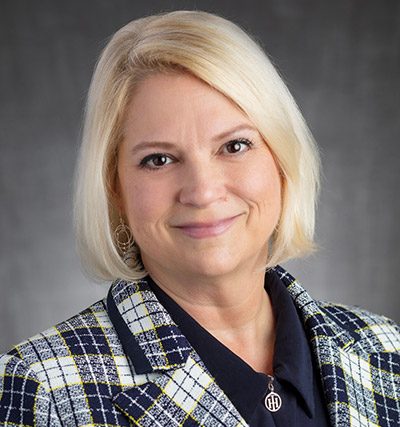By Dylan Bradley/campus editor
Prescribing practices in the U.S. need more regulations and oversight.
The prescription drug industry is centered around businesses making money, not the well-being of patients, and this is a problem. The opioid epidemic is the perfect example of a crisis that could have been avoided if doctors were required to justify prescriptions of addictive substances.
Opioid overdose deaths, including prescription and heroin overdoses, quadrupled from 1999 to 2015, according to the Centers for Disease Control and Prevention. Prescriptions are a driving factor in the 15-year increase, according to the CDC.
In a sample of heroin users, 75 percent who started abusing opioids in the 2000s began with prescription opioid products, according to a 2014 Journal of the American Medical Association study.
So patients are prescribed an opiate, become addicted, then the prescription ends, but they are physically dependent. They turn to illicit sources, which obviously aren’t regulated. Each dose distributed by a drug dealer instead of a doctor could be the fatal one. So it’s not surprising so many people are dying.
As a nation, we’ve said it’s OK for drug companies to profit from addiction. And doctors are writing the hall pass to the darkest corridor.
The recently appointed Food and Drug Administration commissioner Scott Gottllieb has made the epidemic a priority and created the Opioid Policy Steering Committee, which is tasked with answering whether the FDA should:
1. Require mandatory education for health care professionals to make certain prescribing doctors are properly informed about appropriate prescribing recommendations, identify risk of abuse in individual patients and how to get addicted patients into treatment?
2. Take additional steps to ensure the number of opioid doses a patient can be prescribed is more closely tailored to the medical indication?
3. Adequately considering the risk of abuse and misuse during the drug review process for the approval of these medicines? Are additional policies for evaluating opioid drugs for market authorization needed?
The answers to these questions doesn’t require a committee. It’s a resounding yes.































